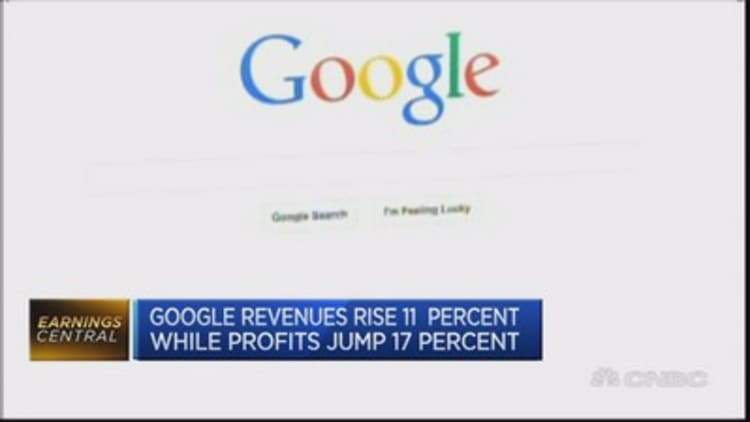
Anyone shorting the global stock market stands to make a "fool" of themselves as equities continue to rally, Dennis Gartman, the founder and editor of the "Gartman Letter," told CNBC on Friday.
The tech-heavy Nasdaq Composite rallied to a record high on Thursday, helped by upbeat earnings. The broader stock index meanwhile has been on a broad upward trend since mid-2011 and is up 2.5 percent year-to-date.
"It's still a bull market…and if you try to sell it, if you get out of it, especially if you try to go short of it, you make a fool of yourself," Gartman said in a TV interview.
Analysts have raised concerns about the hefty valuations of stocks.
The S&P 500 is currently trading 16.5 times forward estimates of its companies' earnings, according to recent data from Reuters. Forward estimates are an important metric that many analysts use to gauge the attractiveness of equity indexes. The S&P 500 is about 10 percent more expensive than its historic average of 15, according Reuters estimates.
"What I find interesting and relatively amusing is that every smart guy and every smart woman I know…keeps trying to sell it short, and they put forth wonderful ideas about why stocks are overvalued… but the stock market keeps moving higher," Gartman said.
Oil going lower
Gartman warned that investors should be worried about the price of oil following a deal earlier this week with Iran on limiting nuclear activity in exchange for lifting economic sanctions.
The lifting of sanctions is expected to see a surge in Iran's oil output – adding to a market already flooded with supply and putting further downward pressure on oil.
Analysts have said that it could take a couple of years for Iran to fully return to the world oil stage because it needs to invest in its weak infrastructure and sign commercial deals. This means that developments in Iran may not have an immediate impact on oil prices.
But Iran is moving fast and already has a supertanker containing two million barrels of oil on its way to Asia.
"There is an abundance of crude out there. The market knows that there are 40 to 50 tankers that the Iranians have loaded with crude that are sitting either in the Persian gulf or the Indian Ocean awaiting the end of the sanctions…those tankers are now beginning to move," Gartman told CNBC.
The price of Brent has plunged since last summer by over 50 percent as the Organization of the Petroleum Exporting Countries (OPEC) refused to cut its oil production in the face of oversupply.
Saudi Arabia, which has expressed irritation at the Iran nuclear deal, in particular has been ramping up production to increase its market share and this is likely to continue, Gartman said. Saudi Arabia is the world's biggest oil exporter.
"Now that the Iranians are going to be selling crude into the world market on a more aggressive manner it angers the Saudis… who are going to do everything within their power to make certain that they retain their market share," Gartman said. "That's going to tend to put downward pressure upon crude oil price."
Brent crude was trading at about $57.20 a barrel on Friday, down about 10 percent from where it ended last year.


